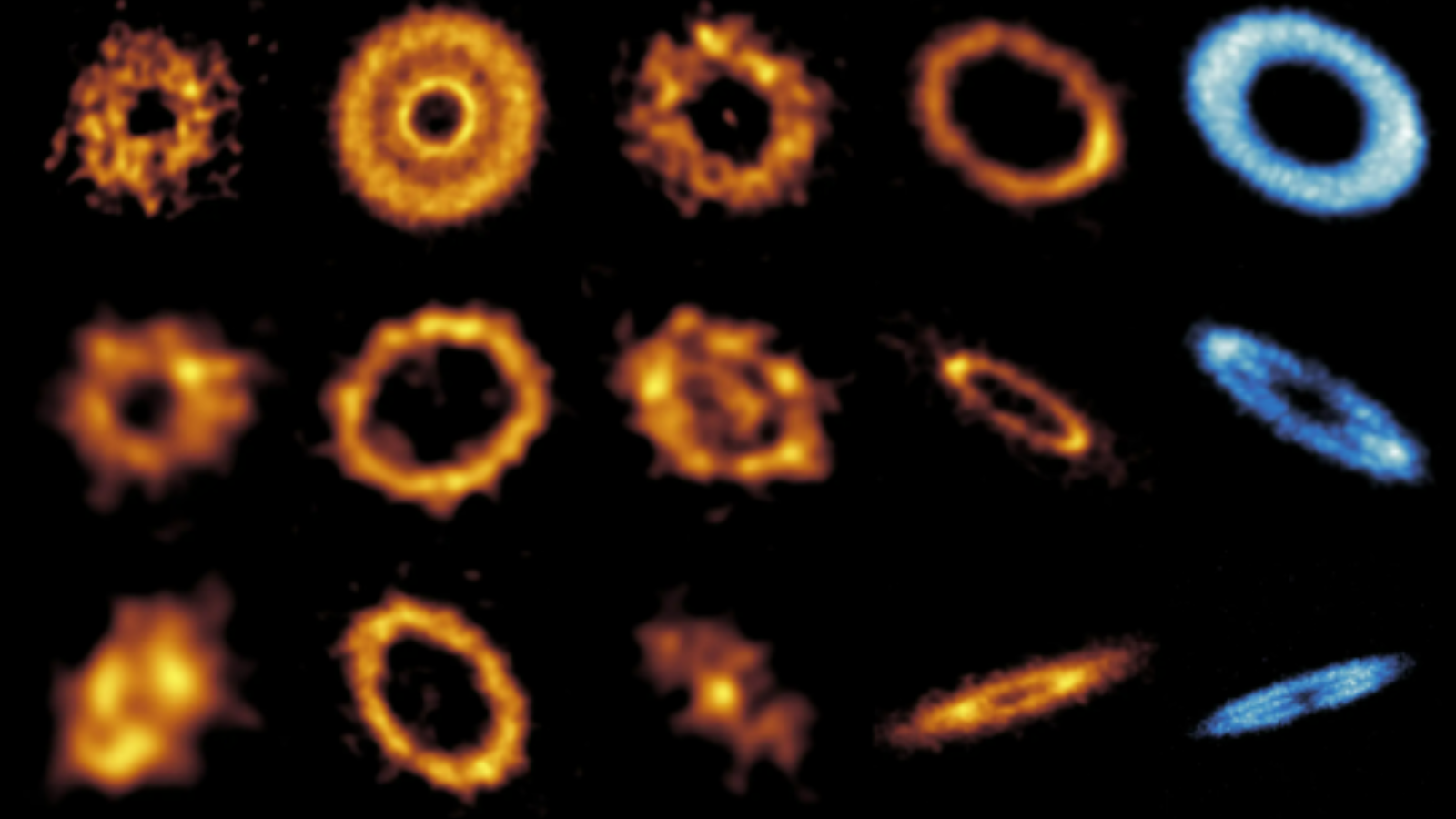The last solar eclipse of 2022 thrills skywatchers around the world
The partial solar eclipse marks the second and final solar eclipse of 2022.
The second and final solar eclipse of the year has thrilled skywatchers around the world.
The partial solar eclipse started at 4:58 a.m. EDT (0858 GMT) when the moon first began to cross the sun as seen from the northern Atlantic Ocean. It was visible to observers across most of Europe, as well as parts of northeast Africa, the Middle East and western Asia and ended at 9:01 a.m. EDT (1301 GMT) just south of India. Before it ended, skywatchers were treated to the moment of greatest eclipse that occured at about 11:10 a.m. EDT (1510 GMT) when the moon blocked 82% of the sun for observers near the North Pole.
Remember, NEVER look at the sun without adequate protection, our "how to observe the sun safely" guide reminds you of solar observation best practices and also lists some intriguing solar targets to look out for.
Related: Solar eclipses 2022: When, where & how to see them
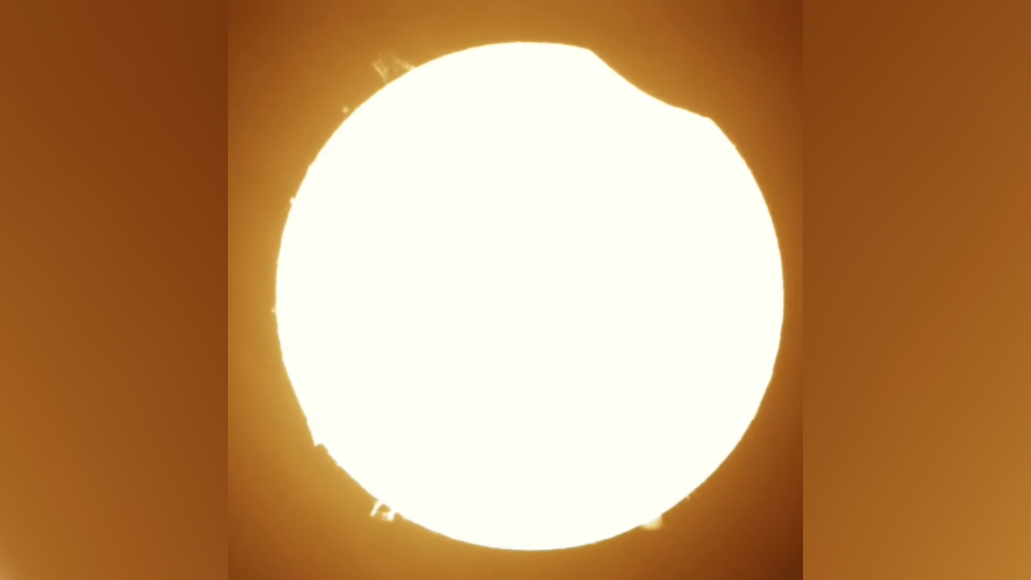
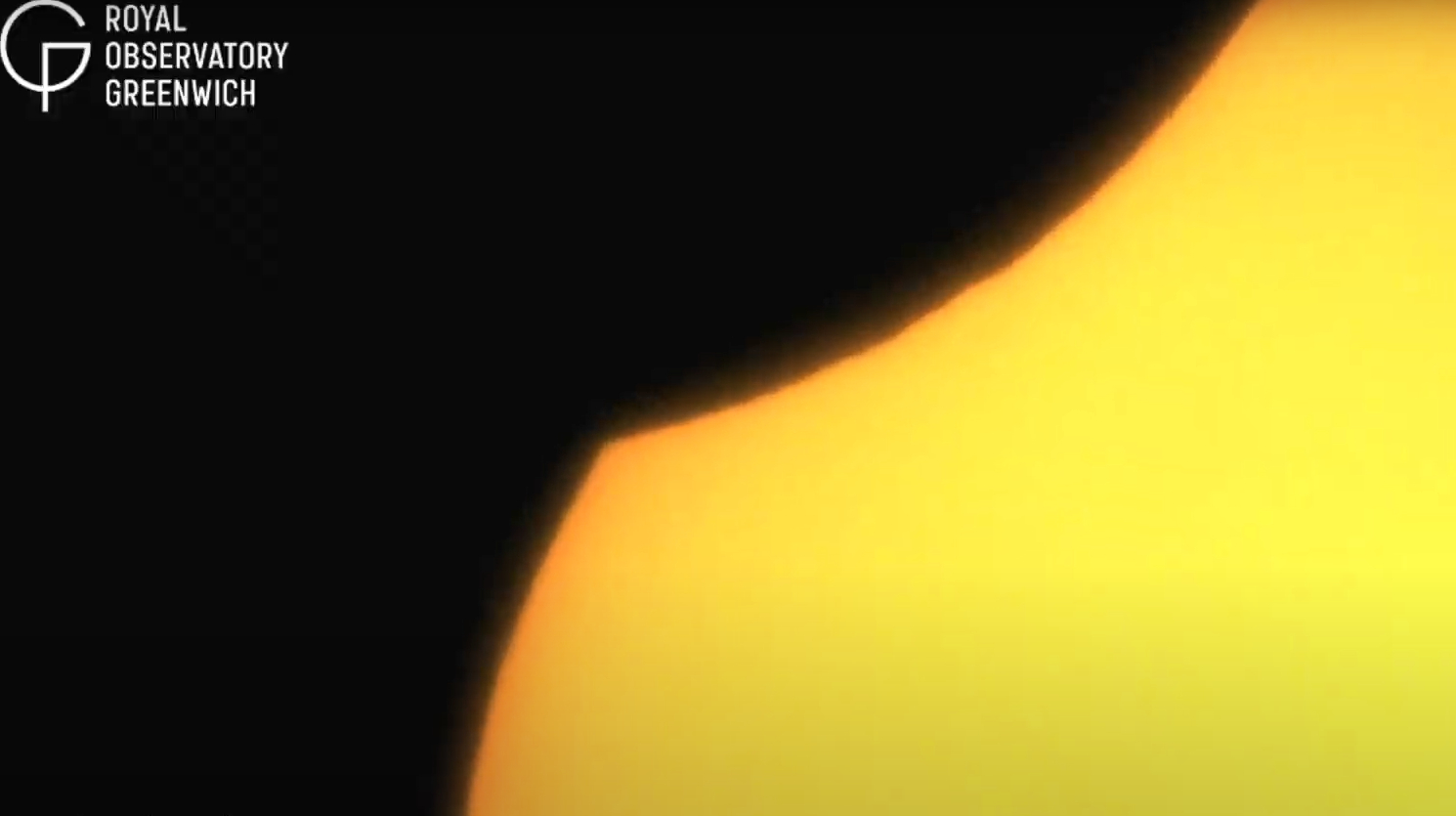


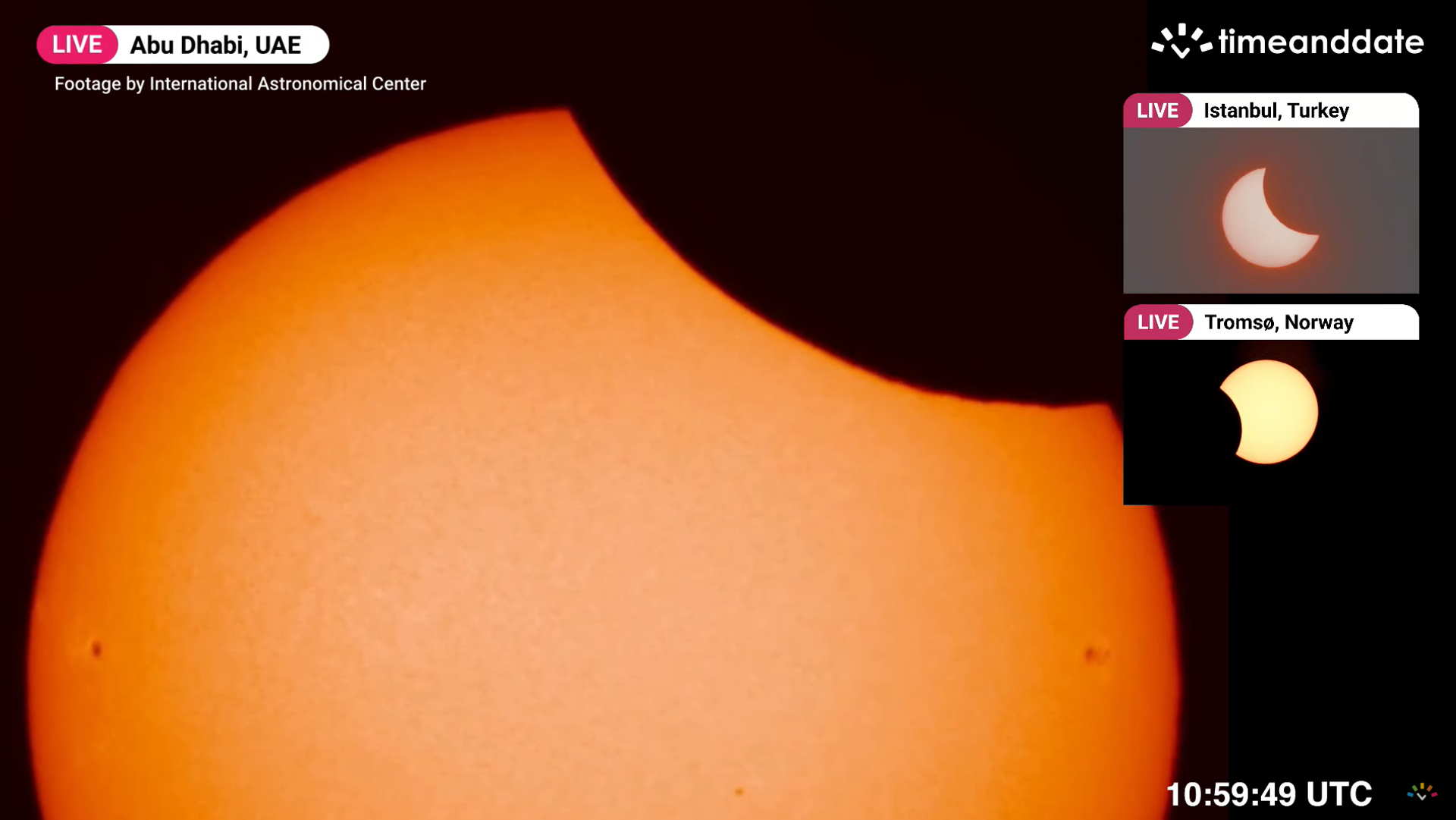
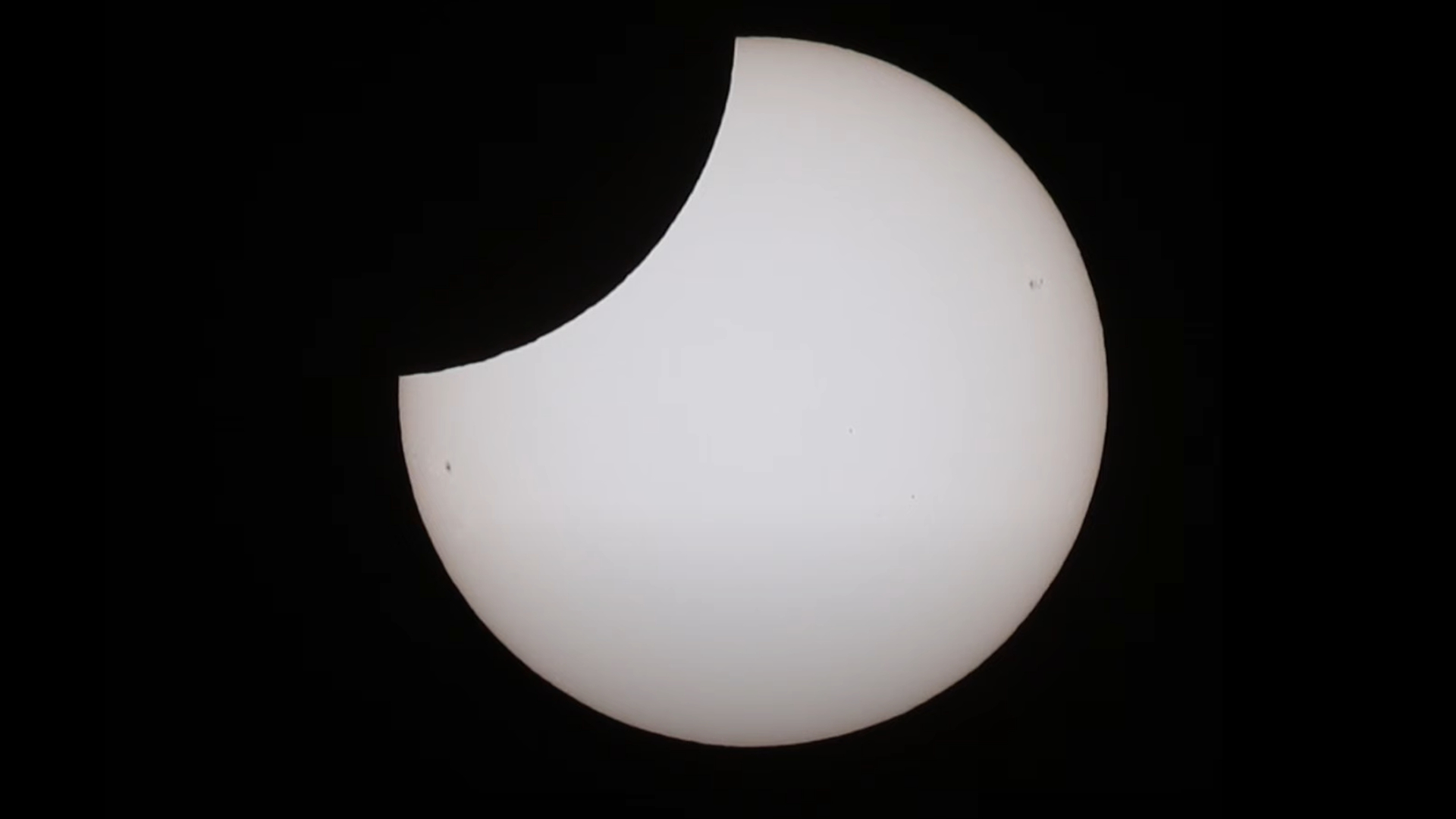
The partial solar eclipse was not visible to everyone but thanks to various livestreams around the world, everyone got a chance to view the partial solar eclipse for free. The mobile observatory team of the website Time and Date livestreamed the partial eclipse on its YouTube channel.
Time and Date also had a live blog featuring real-time reports and background information about the partial solar eclipse. Royal Observatory Greenwich livestreamed the partial solar eclipse on its YouTube page. Finally, astrophysicist Gianluca Masi of the Virtual Telescope Project 2.0 livestreamed the partial eclipse from Ceccano, Italy, on the project's website.
Skywatchers took to Twitter to share their excitement about the partial eclipse along with some impressive photographs.
Breaking space news, the latest updates on rocket launches, skywatching events and more!
Tom Curse captured the partial eclipse from London, U.K. "Some nice activity on the Sun's surface, and the beautiful rugged edge of our Moon." he wrote in a tweet.
Here is is! 🤩 Maximum eclipse from London in glorious 4k! Some nice activity on the Sun's surface, and the beautiful rugged edge of our Moon. I captured this at 10:59 BST. #SolarEclipse pic.twitter.com/s6xN01uk4fOctober 25, 2022
Mark McCaughrean took this rather spooky partial eclipse image through the clouds in Wassenaar, Netherlands.
Mid-eclipse 🌞🌑Roughly 1/3rd of the Sun's diameter was covered by the Moon at 12:04CEST today, as seen from #Wassenaar in The Netherlands.Helpful to have some clouds around 🙂#PartialSolarEclipse pic.twitter.com/arhU0FcyRdOctober 25, 2022
Alexander Kerste captured several partial eclipse photographs from Tromsø, Norway. Where the moon appears to be taking a rather large "bite" out of the sun.
Ein paar Schnappschüsse von der partiellen #Sonnenfinsternis am Flughafen #Tromsø. Hübsch. Und jetzt ab in den Flieger nach Hause. pic.twitter.com/0lE2D7GNLjOctober 25, 2022
Skywatchers in India were some of the last to see the partial solar eclipse before the eclipse ended at 9:01 a.m. EDT (1301 GMT).
Avanika Mote posted a beautiful photo of the partial solar eclipse sunset from Dal Lake, Srinagar, India.
Solar Eclipse at sunset, Dal Lake, Srinagar #SolarEclipse2022 #SolarEclipse #Sunset #DalLake #Srinagar #Solar pic.twitter.com/zsWW7RRZN6October 25, 2022
Mohammed Habib captured a series of partial eclipse photographs from Hyderabad, India.
View of the #SolarEclipse2022 from #Hyderabad #SolarEclipse #NikonIndia #MohammedHabib #HussainSagar pic.twitter.com/vRuBlTrI0cOctober 25, 2022
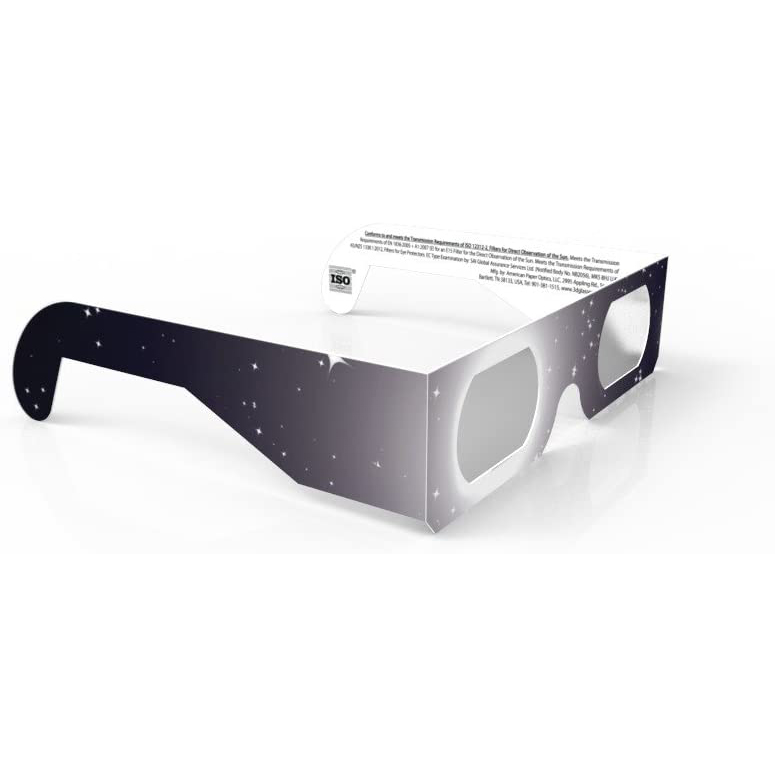
— How to safely observe the sun
— Turn your cereal box into an eclipse projector
— Make a safe sun projector with binoculars
Has all this solar eclipse action whipped you up into some sort of eclipse frenzy? Then you'll be pleased to know that you don't have to wait long for the next eclipse event. You can catch the final lunar eclipse of the year on Nov. 8, 2022, with details on how and where to see it located in our lunar eclipse 2022 guide.
If you want more advice on solar eclipse photography to help you prepare for the next solar eclipse our guides on how to photograph a solar eclipse and the best cameras for astrophotography can help you find the camera gear you need to capture your next best image.
Editor's note: Have you captured a good partial solar eclipse photograph and would like to share it with Space.com's readers, send your photo(s), comments, and your name and location to spacephotos@space.com.
Follow us on Twitter @Spacedotcomor on Facebook.
This article was updated at 11:30 a.m EDT (1530 GMT) to include two more Twitter embeds.
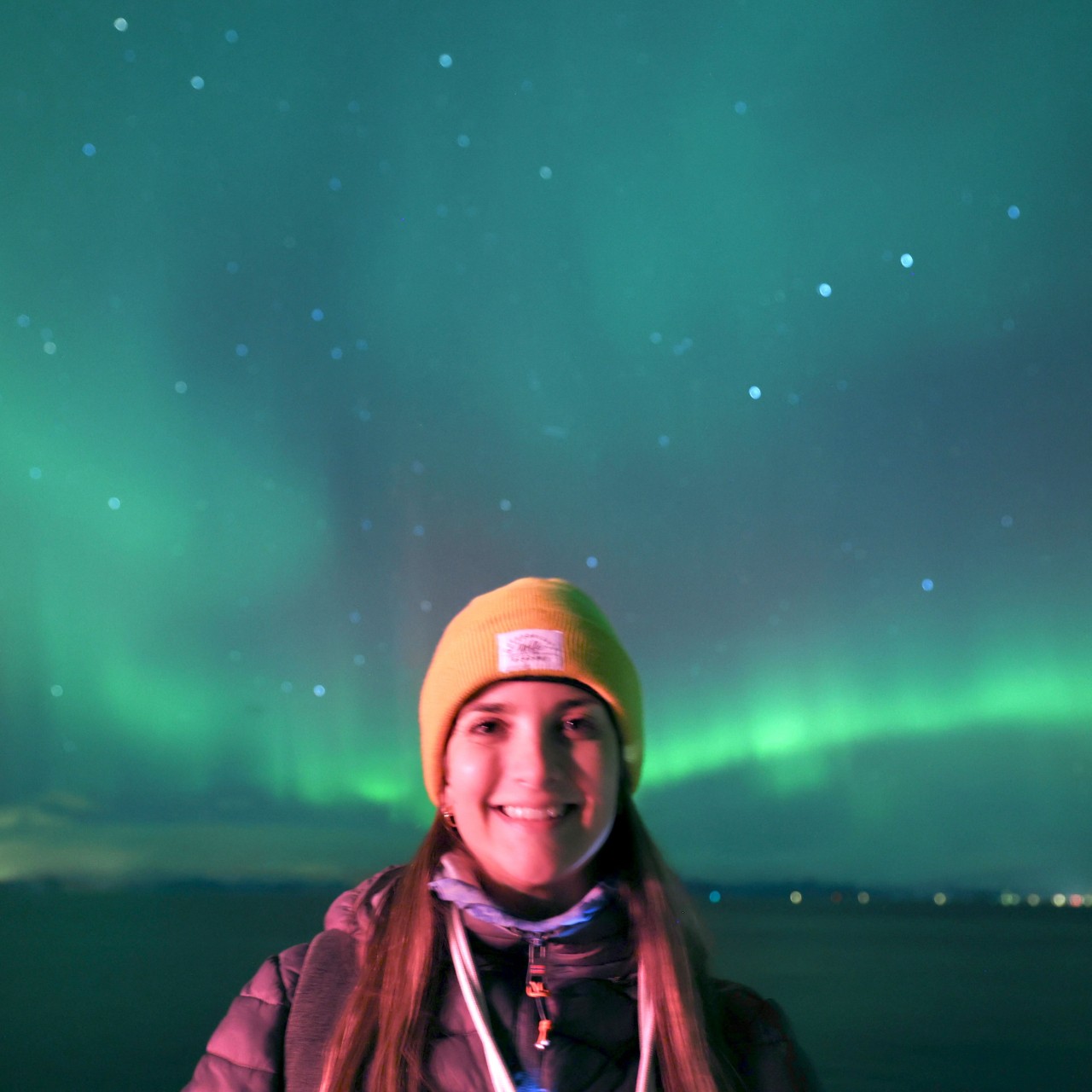
Daisy Dobrijevic joined Space.com in February 2022 having previously worked for our sister publication All About Space magazine as a staff writer. Before joining us, Daisy completed an editorial internship with the BBC Sky at Night Magazine and worked at the National Space Centre in Leicester, U.K., where she enjoyed communicating space science to the public. In 2021, Daisy completed a PhD in plant physiology and also holds a Master's in Environmental Science, she is currently based in Nottingham, U.K. Daisy is passionate about all things space, with a penchant for solar activity and space weather. She has a strong interest in astrotourism and loves nothing more than a good northern lights chase!
